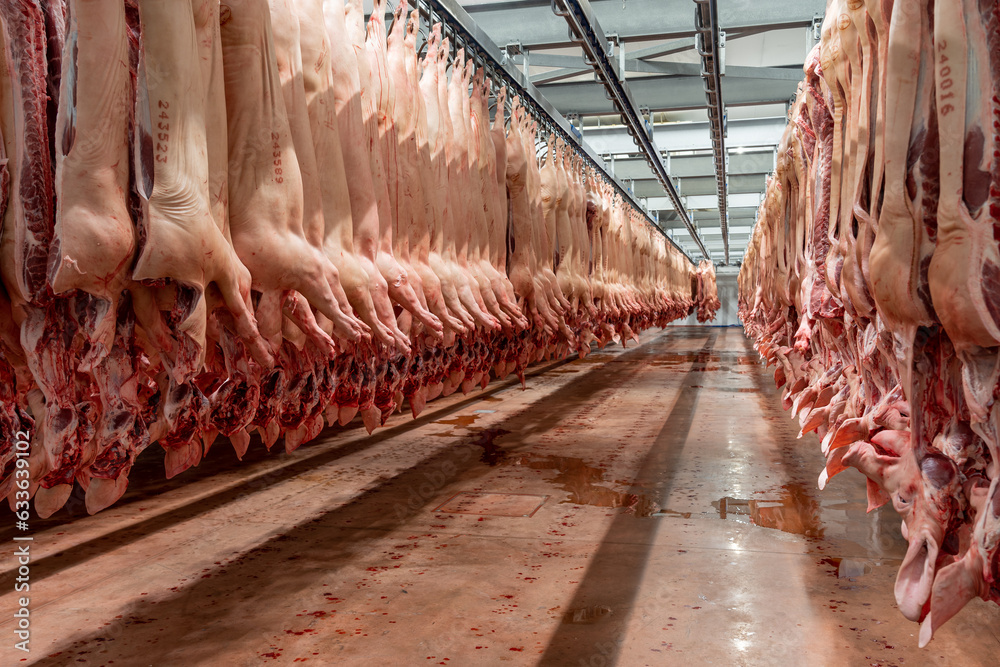James Cooper, Food Standards Agency’s deputy director of food policy, responds to meat industry criticism of the agency’s new plans for charging for abattoir inspections.
 Keeping meat safe for consumers and protecting animal welfare are vital jobs for the FSA. Our meat inspectors and vets inspect more than a billion animals every year to help ensure high standards of safety and welfare are maintained.
Keeping meat safe for consumers and protecting animal welfare are vital jobs for the FSA. Our meat inspectors and vets inspect more than a billion animals every year to help ensure high standards of safety and welfare are maintained.
Vets check the animals as they arrive at the abattoir and, together with Meat Hygiene Inspectors, monitor activities right up to the point the meat leaves the premises at the beginning of its journey to the consumer. These protections are an essential part of keeping the nation safe.
HM Treasury requires that the cost of regulatory services provided by Government departments should be recovered in full. This includes charging abattoirs for the inspections our vets and meat inspectors carry out.
Over the years, the FSA has been able to offer discounts to the meat industry because of the value this work provides for the taxpayer. Many businesses don’t pay the full rate, with small abattoirs paying the least for these essential official controls.
Our vets and meat inspectors protect public health by making sure food is safe. There are also economic benefits. According to Defra’s ‘Agriculture in the United Kingdom 2023’ report, the value of meat production in the UK is now worth almost £11 billion.
FSA vets and meat inspectors provide the stamp of approval worth £2bn to the UK’s meat export market and are essential to maintaining the confidence of consumers. Set this against the total amount the FSA charged the industry for inspections for the last financial year, which is £39.5m, and it represents a remarkably cost-effective regulation service.
Our charge rates for the meat industry though are set to rise. Inflation, which is being felt across all sectors, must inevitably be reflected in the cost of these official controls. The costs of recruiting and retaining vets have also increased as we grapple with a global shortage of vets. We have also been moving towards reducing these discounts to align with HM Treasury rules.
The question is how much of the cost of official controls should be met by the taxpayer and how much should the industry pay. To help us examine this, we’ve started a Call for Evidence on meat charging, so that we can hear how the discounts benefit consumers, industry and other stakeholders.
The Call for Evidence closes on October 24. This evidence will inform a paper on charging for the FSA Board which will be discussed at its public meeting on 11 December 2024.
Through our Call to Evidence, we want to hear from the meat industry, but we would also like to hear from any other groups or individuals who have a view on food safety, animal welfare, or consumer rights.
This is the start of an engagement process with these groups to better understand the impact of these increased costs, ahead of publishing the new charges in February next year.
For more information and to take part please see Call for Evidence: The impact of discounts on charges for official controls and other official activities in relation to meat premises




